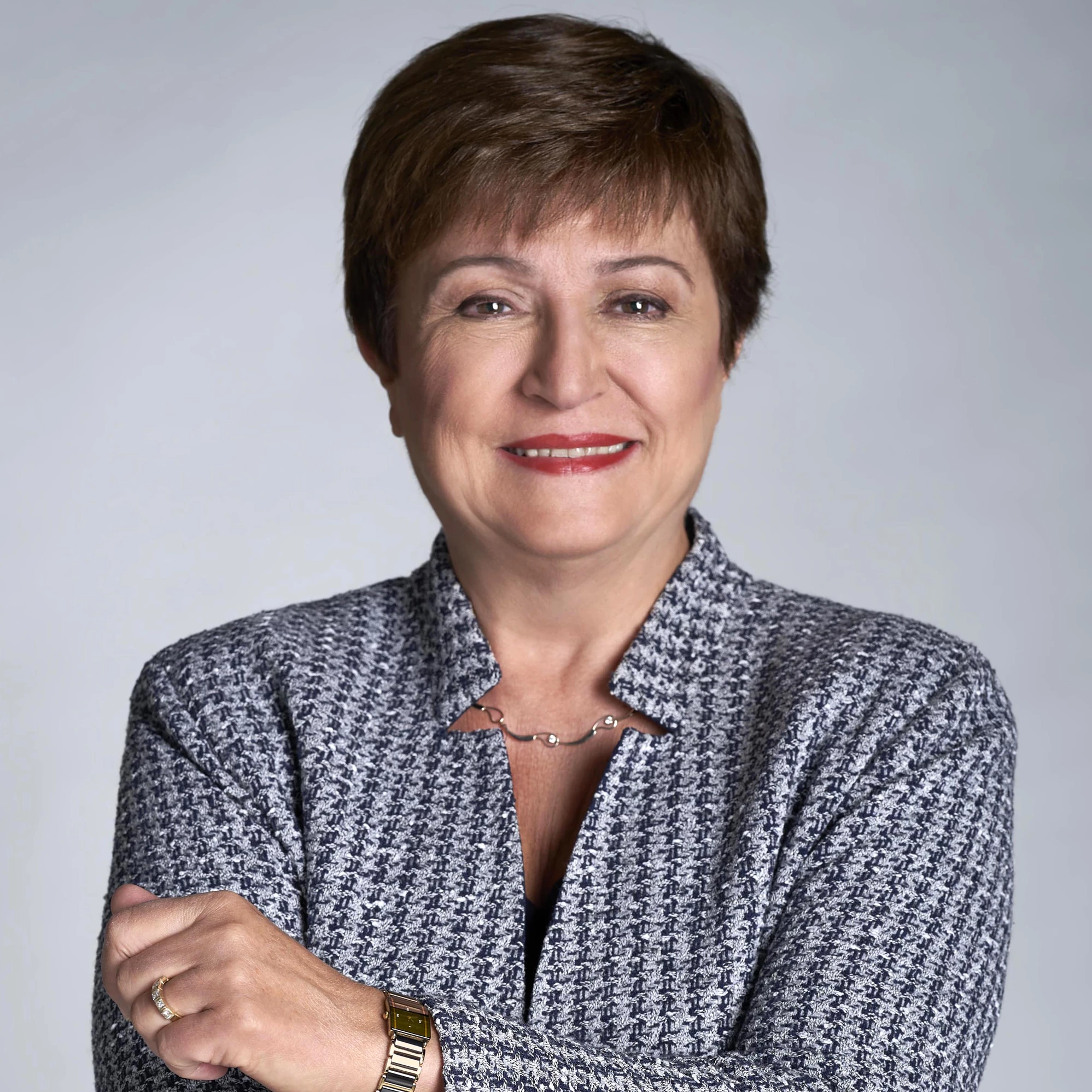
Thirty years separate these two photographs. When I returned to the LSE to give a lecture the memories flooded back of my year at the university as a British Council scholar. Still there, close to the main entrance, was the local branch of the NatWest Bank, the first bank where I ever opened an account.
The circumstances of my arrival in London were all down to perestroika. Gorbachev was urging the eastern bloc to open up to the world. Suddenly we were allowed to apply to study overseas, beyond the Iron Curtain. My first hurdle was to learn English – I have the BBC World Service to thank for accomplishing that task in a very narrow timeframe. Added to my PhD in environmental policy — a relatively rare subject for an east European at the time — got me a British Council scholarship and an entry into life on the other side of the Iron Curtain.
Then, shortly after I completed my stay at LSE, the communist system collapsed. I wrote Bulgaria’s very first book on micro-economics and I’m proud to say that it has stood the test of time and is still in print. This is probably because I knew that my audience were novices to market economics so I had to keep the language clear and straightforward. Happily, students have not changed much in 30 years either – they still prefer to keep things simple , which must account for the continuing popularity of my book!
So these memories were running through my mind as I took the stage for my lecture and, looking out on a sea of expectant faces, I was not disappointed by the caliber of the questions which shot my way. It was an enormous pleasure and a privilege to have the opportunity to be able to tell this vibrant, young gathering about the work of all my colleagues at the World Bank.
I was struck by the enthusiasm for doing good and for making a contribution to changing the world. We should do more to capture that energy and to take the opportunity to give it an outlet. At the Bank we are privileged to work on the greatest challenges we face, from climate change to gender equality, addressing fragility and building resilience. The kind of enthusiasm I could feel in the lecture room is what we rely upon when we look to recruit fresh talent.
Thirty years have passed and a lot has happened. Our world has gone through many transformations – politically, the one which propelled me to leave my country and travel to study and work abroad; economically, where global wealth has soared and brought a route out of poverty for more than a billion people but which has also widened the gaps between the haves and have-nots in far too many places, including in the developed world.
If my journey has taught me anything it is that change is unstoppable , and it depends on us to make the best out of it, for ourselves and for the world we live in. Change is what I have lived through and change is what the present and future generations will also experience. What I hope we all hold in common, across the generations, is the aspiration to make the necessary changes to rid our world of poverty and ensure that opportunities are within reach of everyone to improve their lives.


Join the Conversation